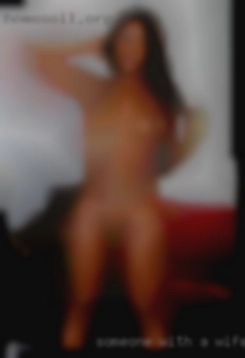
Hair: Brown
Name: florentiafrank
Body Type: Slender
Age: 44
Status: Single
City: Moose Jaw Northeast, SK S6J
Looking for fun Lady to join me making life so much
more interesting, Do you have wife swapping a wish list? Like a punk rocker in a church choir. Ask anything you need to
know. Big boob enormous gigantic huge large pussy. Too enjoy the moment
and just have at it and always have protected sex what I like is to get into the mood with a body message to
unwind relaxation and aroused sensitive too the touch is the best cause the orgasms back too back are unexplainable...








